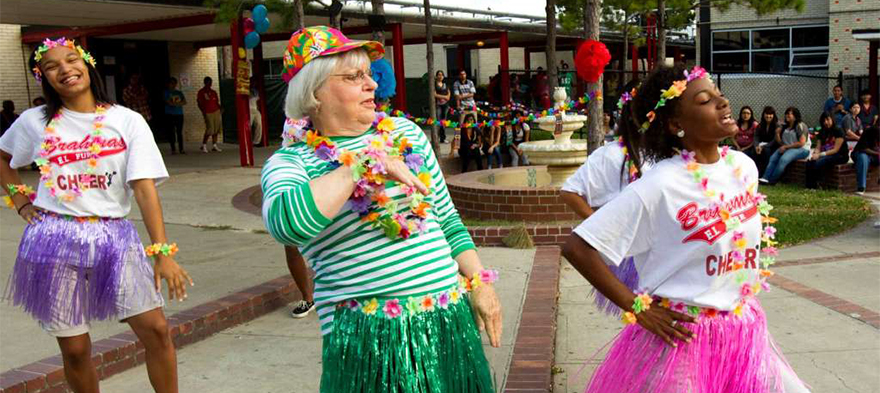
Oct 19, 2016 12:00:00 AM
Caroline Bermudez is chief storyteller at the Charter School Growth Fund and former senior writer at Education Post. Bermudez has been a journalist for almost 10 years. She was staff editor at The Chronicle of Philanthropy, covering the nonprofit world, with a particular focus on foundations and high net-worth giving. She has interviewed prominent business, political and philanthropic leaders including Colin Powell, Ronald Perelman, Carl Icahn, Patty Stonesifer and Eli Broad. She also assisted with The Chronicle's Philanthropy 50, its annual ranking of America's most generous donors. A proud graduate of Chicago Public Schools, she has a B.A. in history from Swarthmore College.
Few issues in education spark more tension and debate than standardized testing. Are they a tool for equity or a burden on students? A necessary check on school systems or a flawed measure of...
Charter schools are public schools with a purpose. Operating independently from traditional school districts, they're tuition-free, open to all students, and publicly funded—but with more flexibility...
Despite the benefits of a diverse teaching force, prospective teachers of color fall out of our leaky preparation pipeline at every stage: preparation, hiring, induction, and retention. Here’s what...
Ed Post is the flagship website platform of brightbeam, a 501(c3) network of education activists and influencers demanding a better education and a brighter future for every child.
© 2020-2025 brightbeam. All rights reserved.
Leave a Comment